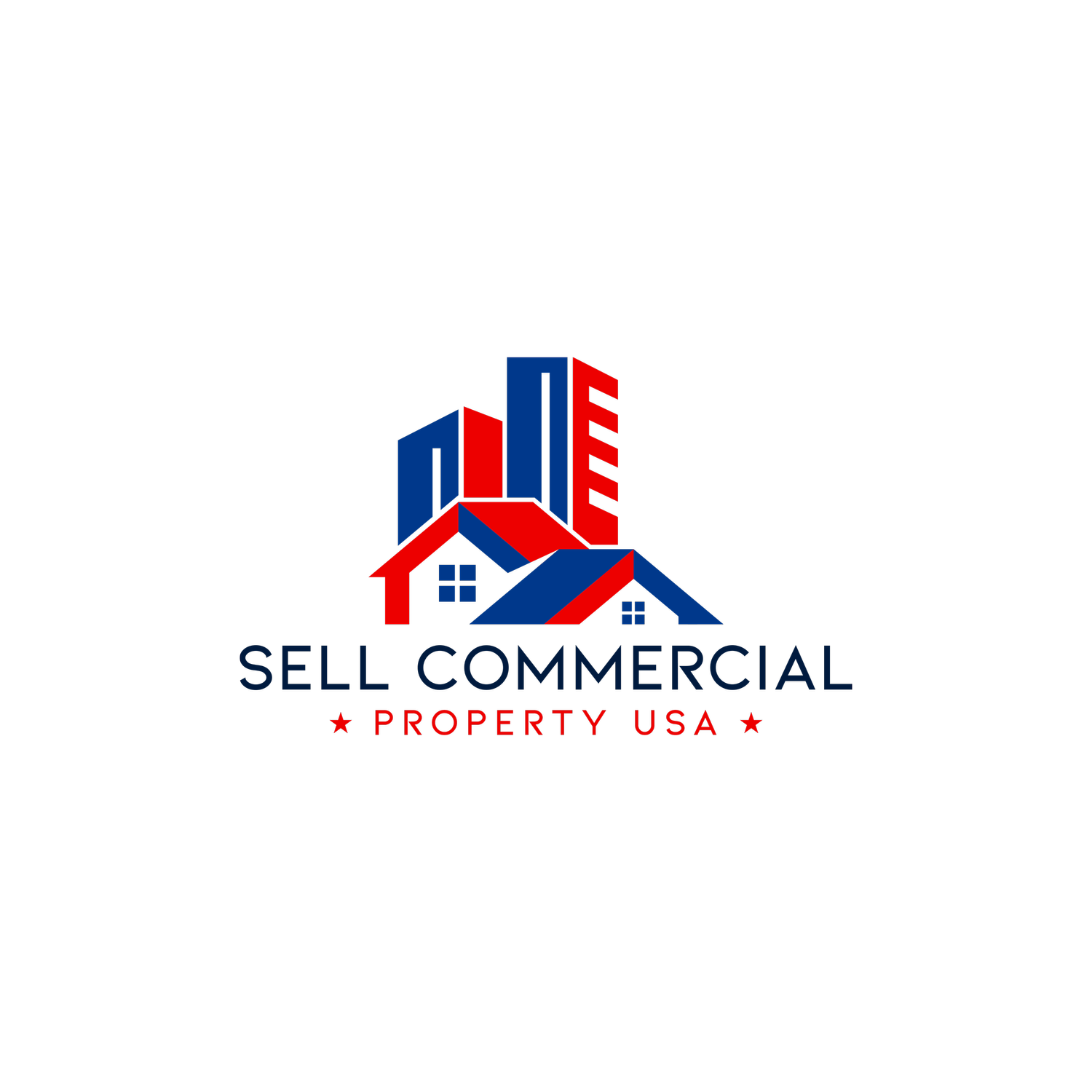How to Sell Commercial Property in New Jersey
Selling commercial real estate in New Jersey can be both rewarding and challenging. From Newark’s bustling business districts to Jersey City’s revitalized waterfront, the state’s commercial market is active — but navigating it requires strategy, speed, and flexibility. Whether you’re selling an office building, retail space, warehouse, or mixed-use property, your goal is to close efficiently and maximize returns. One of the most effective ways to achieve that is by selling to a cash investor.
Below, we’ll explore how to sell commercial property in New Jersey, common pitfalls in traditional listings, and why a cash investor often provides the smartest and fastest exit.
Understanding New Jersey’s Commercial Market
New Jersey’s commercial property market is diverse and regionally driven. North Jersey is influenced by proximity to New York City, attracting logistics firms, multifamily developers, and retail operators. Central and South Jersey cater more to industrial and warehousing demand, fueled by the state’s excellent highway network and ports.
However, selling in this market can be slow and unpredictable. Commercial properties typically remain on the market for several months or even a year, as buyers arrange financing, conduct due diligence, and negotiate lengthy contingencies. This is especially true for older properties or those needing updates, environmental remediation, or zoning adjustments.
If your priority is speed and certainty, traditional listing routes may not deliver — and that’s where cash investors come in.
Traditional Sales vs. Cash Investor Offers
When you list through a broker, your sale depends on market timing and bank approvals. Potential buyers must secure financing, appraisals, and environmental clearances, which can stretch timelines and add uncertainty. If a lender backs out or an inspection reveals costly repairs, the deal may collapse entirely.
By contrast, a cash investor bypasses those barriers. These buyers have ready capital and experience in assessing value quickly. They purchase properties “as is,” meaning you don’t need to spend time or money on repairs, renovations, or tenant improvements. The transaction can close in as little as two to four weeks, compared to several months with traditional sales.
This fast, streamlined process is ideal if you’re:
Facing property tax or maintenance burdens
Managing vacancies or declining tenants
Handling estate or partnership settlements
Preparing for retirement or reinvestment
Needing liquidity for another venture
Cash investors remove the uncertainty of waiting for bank approvals, third-party appraisals, or fluctuating interest rates — factors that can derail a conventional sale at the last minute.
The Advantages of Selling to a Cash Investor in New Jersey
Speed and Certainty
New Jersey’s commercial real estate transactions often involve complex paperwork, title issues, and environmental checks. Cash buyers, typically experienced investors or REITs, understand these dynamics and can expedite closing without lender delays.No Repairs or Renovations
Many older properties in cities like Trenton, Paterson, and Elizabeth may need upgrades to attract traditional buyers. Cash investors buy properties in any condition, allowing sellers to avoid repair costs and permitting headaches.Reduced Closing Costs
Because there’s no bank financing, sellers save on appraisal fees, loan origination costs, and extended holding expenses such as insurance and property taxes.Flexible Terms
Cash investors can tailor agreements — including lease-back options or flexible closing dates — to accommodate your business or relocation plans.Avoiding Broker Commissions
When selling directly to an investor, you may bypass brokerage commissions, adding thousands of dollars back to your bottom line.
How to Attract Cash Investors
To sell successfully, prepare essential property details upfront — such as zoning classification, square footage, occupancy data, and income potential. Investors move quickly when provided with accurate, transparent information. Work with a real estate attorney familiar with New Jersey commercial law to draft clear purchase agreements and handle title transfers.
You can also reach investors through specialized real estate firms, online platforms, or direct outreach to local development companies. Many investors actively seek commercial opportunities in New Jersey due to its high population density, strong logistics infrastructure, and business incentives.
Conclusion
Selling commercial property in New Jersey doesn’t have to be a drawn-out or stressful process. While traditional listings can deliver top-market prices in ideal conditions, they also come with delays, financing risks, and renovation demands. For many owners, particularly those seeking liquidity or simplicity, selling to a cash investor offers the best balance of speed, security, and convenience.
With the right preparation and professional guidance, you can close quickly, avoid costly surprises, and move forward with confidence — turning your New Jersey commercial property into cash when you need it most.

